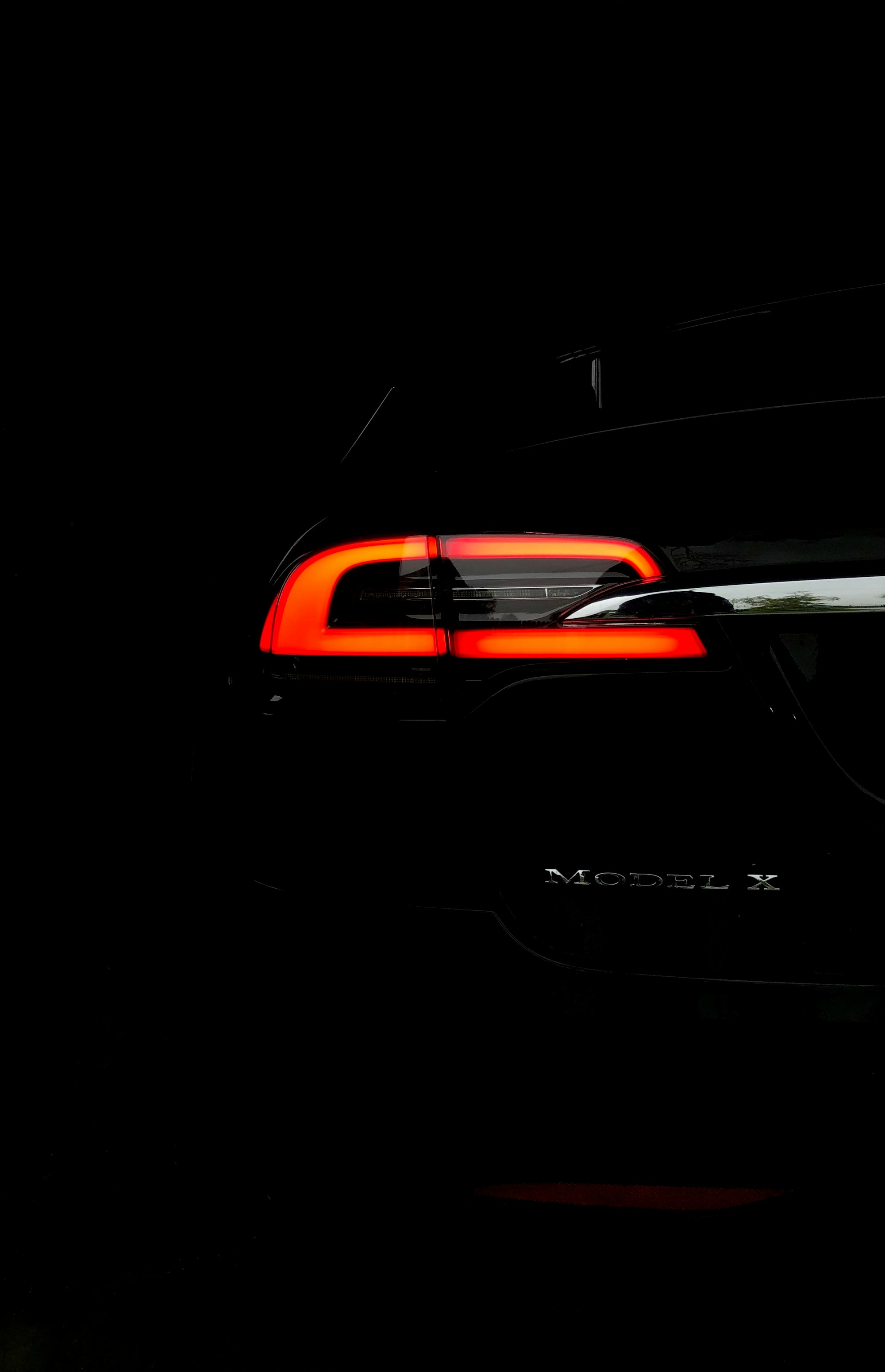Elon Musk Pwns Fisker Karma and Better Place

Shai Agassi is an amazing guy. In this TED Talk from 2009 he outlined a vision for an electric car with swappable batteries -- a startup called Better Place, which raised $200MM but then filed for bankruptcy this year after ousting Agassi. Same for Henrik Fisker, designer of the timeless Aston Martin DB9 and founder of Fisker Automotive, another electric car company that recently burned out.
Then there's Elon Musk, founder of Tesla. It's no secret that I'm a huge fan -- I've written many posts over the past few years about Tesla. Where Better Place and Fisker have seen failure, Tesla has seen massive levels of success.
So what separates Musk from Agassi and Fisker? The ability to execute flawlessly.
Here's Tesla's stock price since it went public:

Musk is achieving a vastly different outcome in the electric car business than two other incredible entrepreneurs were able to achieve. And therein lies the lesson for all of us: All three of them had solid ideas. But what actually creates value is not the idea. It's the execution. In fact, in this post I argue that a good idea is actually a contrary indicator to huge exits. Executing on things well means optimizing relentlessly. It means executing with an iterative approach -- something Jason Polites calls The Big Shift.
Where Agassi and Fisker tried to jump into creating an electric sedan straight away, Musk instead took a vastly more iterative approach from the very beginning. Here's Elon's Master Plan for Tesla as outlined in a blog post from 2006:

His first car, the Roadster, was built from a modified Lotus chassis in small volumes. Even doing it that way almost bankrupt the company. So with Tesla, the incredible Model S sedan is just at the beginning of Act II of a III act play (at least initially -- I'm sure there's more to come).
Outcomes are obvious in hindsight but impossible to predict in the present. The only way to even have the chance of success -- even for an entrepreneur like Musk -- was to take an iterative approach to the business with fast cycles (at least, for the auto industry) and a relentless measurement of both success and failure points.
Tesla's future is not guaranteed nor is it obvious to everyone that the company will succeed. It still faces many challenges in an industry where no new car companies have been able to succeed in the US in the past 100ish years.
But because of the way Musk executes, I'll continue to invest in Tesla and continue to believe that Musk can pull it off.
And for the rest of us entrepreneurs, we owe a debt of gratitude to Agassi, Fisker and Musk for taking risks that we can learn from. Let's all go forth and really focus on executing flawlessly with iterative approaches and fast cycles where we measure both success and failure in whatever businesses we're in.